

Certain medical conditions can affect the way you drive. This is usually because your vision is affected or you’re at risk of losing control at the wheel. If you develop a medical condition that affects your ability to drive, you’ll need to let the DVLA know. But what medical conditions have to be declared for car insurance?
If you have a condition that could affect your ability to drive safely, you’ll need to notify the DVLA. These medical conditions include:
You have to notify the DVLA about these health conditions so that your ability to drive can be assessed. It’s also your responsibility to notify the DVLA if your medical condition gets worse.
Not disclosing a health condition to the DVLA could result in a fine of up to £1,000, and may even result in prosecution if you cause an accident.
If you want to inform the DVLA of a medical condition, you can do it online or by post.
This varies between insurance providers. If you’re a Saga car insurance policyholder, you don’t need to let us know about any health issue or medical condition as long as the DVLA have not restricted or removed your licence.
However, other insurers may ask you to inform them directly of any medical conditions. These conditions are generally the same as those you have to report to the DVLA, so they include:
You may be asked to pay a higher premium for car insurance as a result, and failure to give your insurer full medical disclosure could invalidate your policy and lead to claims being rejected.
Check your policy documentation to ensure you comply with your insurer’s requirements.
There are different rules for driving with epilepsy depending on the type of seizures you have and when they happen. If you have seizures that cause you to lose consciousness, the DVLA will take your licence away, and you must be seizure free for at least six or 12 months before you’re allowed to drive again.
If you only have seizures at night, or if your consciousness is never affected, then you may still be able to drive. For more information, visit gov.uk.
Most people with diabetes can hold a driving licence and drive without any problems. This can be affected if you’re at risk of hypos or if you develop diabetic complications that make it harder for you to drive, including problems with your eyes or nerve damage.
You need to tell the DVLA if:
For more information about diabetes and driving laws, visit gov.uk.
If you’re diagnosed with Parkinson’s disease, you are legally required to let the DVLA know straight away. They’ll launch a medical enquiry to determine whether or not you can continue to drive.
For more information, visit parkinsons.org.uk.
Yes, you can. You only need to tell the DVLA that you’re deaf if you have a bus, coach or lorry licence.
Yes, there’s nothing stopping you from getting a driving licence if you’re colourblind, and you don’t need to inform the DVLA.
This will depend on the type of surgery you’ve had. Speak to your doctor if you’re not sure how your operation will affect your driving.
You must tell the DVLA if you’ve had an operation and you’re still unable to drive three months later.
Breaking a bone can hinder your ability to drive. A broken leg can make it hard to use the pedals, while a broken arm or wrist might stop you from being able to change gear or steer. You’ll need to speak to your doctor to check if you are able to drive and, if not, how long you’ll have to wait before getting back behind the wheel.
You’ll need to tell the DVLA if a broken limb means you’re unable to drive for more than three months. Always check with your insurer to see if you’re covered for driving with a cast.
Whether you're looking for straightforward insurance or cover that's packed with extras, our car insurance has plenty of options for people over 50.


Choose our highest car cover level Saga Plus and freeze the price of your car insurance for 3 years if nothing changes. T&Cs apply.
There's plenty to explore and learn about our car insurance cover.

It’s never too late to improve your driving skills and enjoyment with advanced driving courses
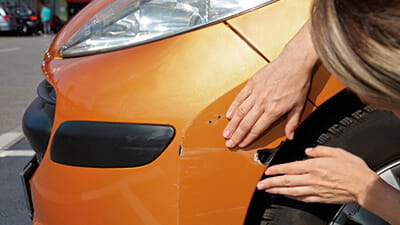
Is your car premium going up? Here's why...and it's probably not what you think.

Get to know the ins and outs of our car insurance and how you can make the most of your cover

Understand how to earn and keep a No Claim Discount and how it can positively impact your car insurance costs.
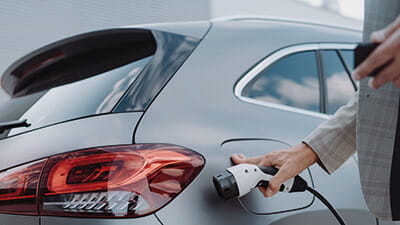
If you’re thinking of driving towards a greener future, here’s what you need to know about electric car insurance.

The UK has some of the best road trip destinations in the world. But which road trips are best suited to electric cars and the specific model you have? We’ve analysed things like distance and availability of charging points along the best roads the UK has to offer.

There’s lots of options to keep your electric car fully charged and ready to go so you can enjoy driving without worries.
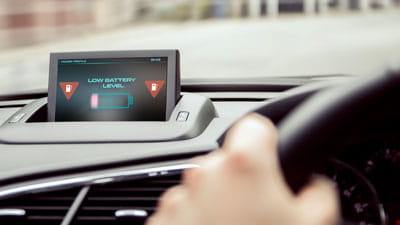
Are electric cars as reliable as petrol and diesel? Battery life needn’t be a barrier to switching.
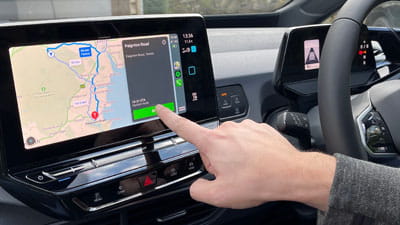
How do you know if your electric car charge is enough for your journey? We help you work it out.
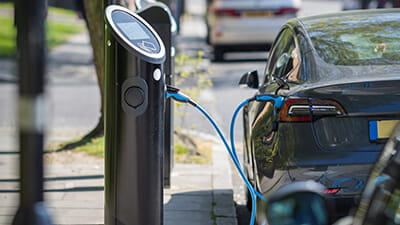
Discover the tax benefits that come with buying and driving electric cars.

Check which car tax band your vehicle falls into using our handy guide.